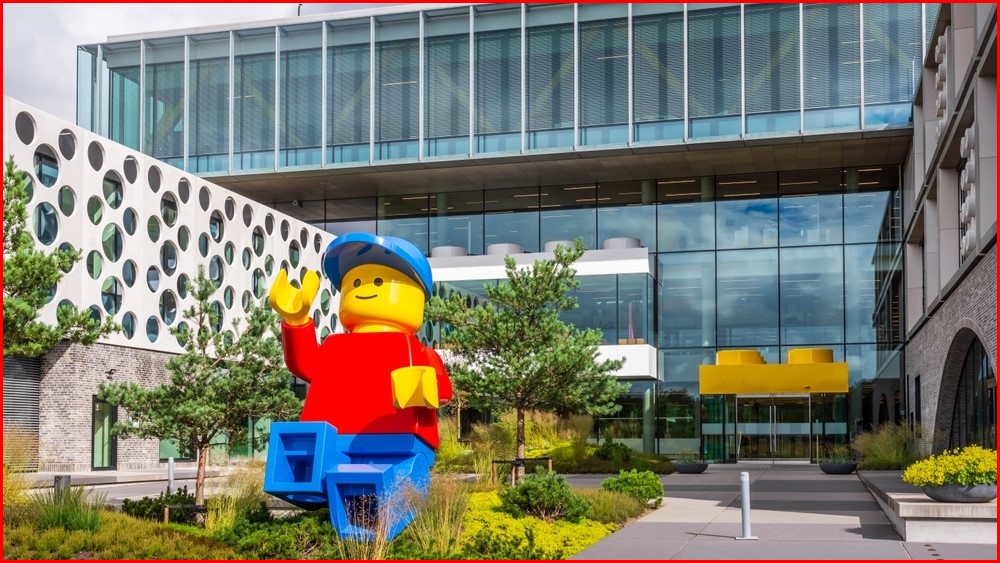Consulting giant Deloitte will provide its workers with $US1,000 to buy Lego sets in a renewed workplace wellness push.
Since 2019, Deloitte has been offering its US-based employees a subsidy for wellness, such as fitness classes, gaming consoles or spa services.
In 2021, this subsidy was doubled to $1,536 ($US1,000).
Commencing this month, the list of eligible subsidised items this money can be spent on was expanded to include “Legos [sic] and puzzles”.
As Business Insider first reported, this is to “empower and support [Deloitte employees’] journey toward thriving mentally, physically and financially, and living your purpose”.
“Most of the responses are things like ‘Lego?!?!? Finally!’ or jokes about how they can now rationalise buying the coveted Millennium Falcon Star Wars Lego set,” a Deloitte employee told the publication.
The list of eligible items that Deloitte workers can spend the $US1,000 on also includes kitchen appliances such as blenders and refrigerators, personal portable cooling fans and ergonomic pillows.
Deloitte rival EY also offers a $US1,000 voucher for its American workers, to be spent on anything from mattresses to gaming consoles and ergonomic desk chairs.
Wellness lagging in Australia
A wellness subsidy like this would be beneficial in Australia too, where a recent study found that mental wellbeing rates are lower than the global average.
Intellect’s Workplace Wellbeing 360 Report 2025, based on a survey of 500 employees in Australia, benchmarks a number of countries and industries in terms of employee productivity, worker wellbeing, organisational support and worker engagement.
The report found that Australian workers had a mental wellbeing score of 53.5 per cent, slightly lower from the global average score of just over 56 per cent.
Wellbeing among Australian workers also only increased by 1.5 per cent in the last year, compared with a global average of nearly 5 per cent.
And while engagement has increased slightly globally, it has decreased by 0.4 per cent in Australia, according to the study.
Levels of organisational support – programs and services offered by a company to help their employees work productively and happily, such as training, emotional support and perks – have also fallen in Australia, despite staying largely steady across the rest of the world.
The report also highlighted the growing issue of “presenteeism”, where people are still attending work but are far less productive, in comparison with absenteeism, where they don’t go to work at all.
The survey found that around the world, absenteeism rates are at just under 8 per cent, while the presenteeism rate – which has increased substantially in the last two years – is more than 40 per cent.
In Australia, the rate of absenteeism is largely the same as the rest of the world, while presenteeism rates are slightly higher at more than 44 per cent.
A burning out workforce
A number of other studies have found concerningly high rates of burnout, mental ill-health and stress among the Australian workforce.
A report last year found that the majority of Australian workers are experiencing some level of burnout, and many are not telling their managers about it.
The survey of 1,000 full-time workers found that four in five were experiencing burnout to some degree.
Another study from earlier this year found that up to one in five Australian employees are “languishing” at work and dissatisfied with their job, and that this is potentially having a billion-dollar impact on productivity and the economy.
Companies ploughing ahead with return-to-office mandates may also be having an impact on the wellbeing of their employees.
A study earlier this year found that workers allowed to work under a hybrid arrangement are mentally and physically healthier, take fewer sickies and are able to access preventative medical care.
More than a third of young workers may quit their job and look elsewhere if they are forced to return to the office full-time, placing work-life balance above all else, even salary.










